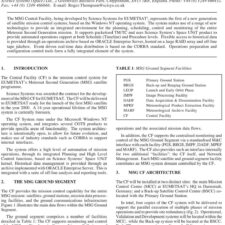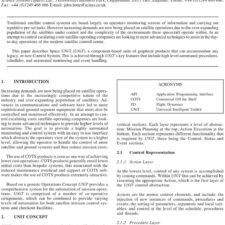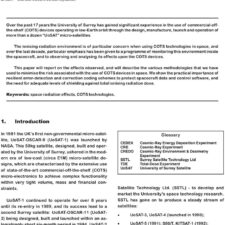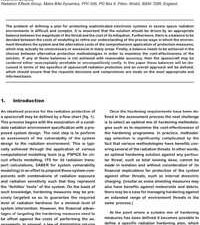The Norms of Behaviour in Space: Our Space – Whose Rules?
£5.00
L. J. Smith (2018), JBIS, 71, pp.431-436
Refcode: 2018.71.431
Keywords: Space Treaty Law, Soft Law, UN Long term Sustainability Guidelines (LTS Guidelines), Outer Space Treaty, Compliance, ISO, Post-mission Disposal Norms, National Space Law, Catalogue of standards for National Space Laws, State Responsibility and Liability,
Space Traffic Management [STM], Space Situational Awareness [SSA], Governance in Outer Space
Abstract:
Among the many challenges outer space activities face today, two are worth mentioning, particularly from the perspective of “norms of behaviour”; firstly, how to transpose complex, non-binding rules of “post-treaty” soft law onto those involved in outer space activities? Secondly, how to measure the resilience of national authorities in complying with their international space treaty obligations, should their national stakeholders and actors fail to comply with the “soft-law” rules? The increasingly “soft law” requirements for participation in space activities may, paradoxically, drive the call for enforcement of black letter rules one step further. In space, given the urgency posed by debris in LEO, the best practice responses must become evident in the shorter term. Most importantly, the accountability of states for overseeing the enforcement of soft-law rules could assume a central “best” regulator role; these norms could be made legally enforceable at national level, with further scope for recognition as international state obligations which, when breached, may result in state responsibility for wrongful acts. This perspective is a challenge for legal theory and practice alike. If states have to apply soft law rules in managing their risk-benefit analysis, can they also be called to account for failure to ensure their enforcement? With many states currently reviewing their national licensing mechanisms and considering involvement in overarching efforts relating to space traffic management (STM), enforcing soft law at national level could be a useful tool if combined with further economic instruments that foster sustainability.





